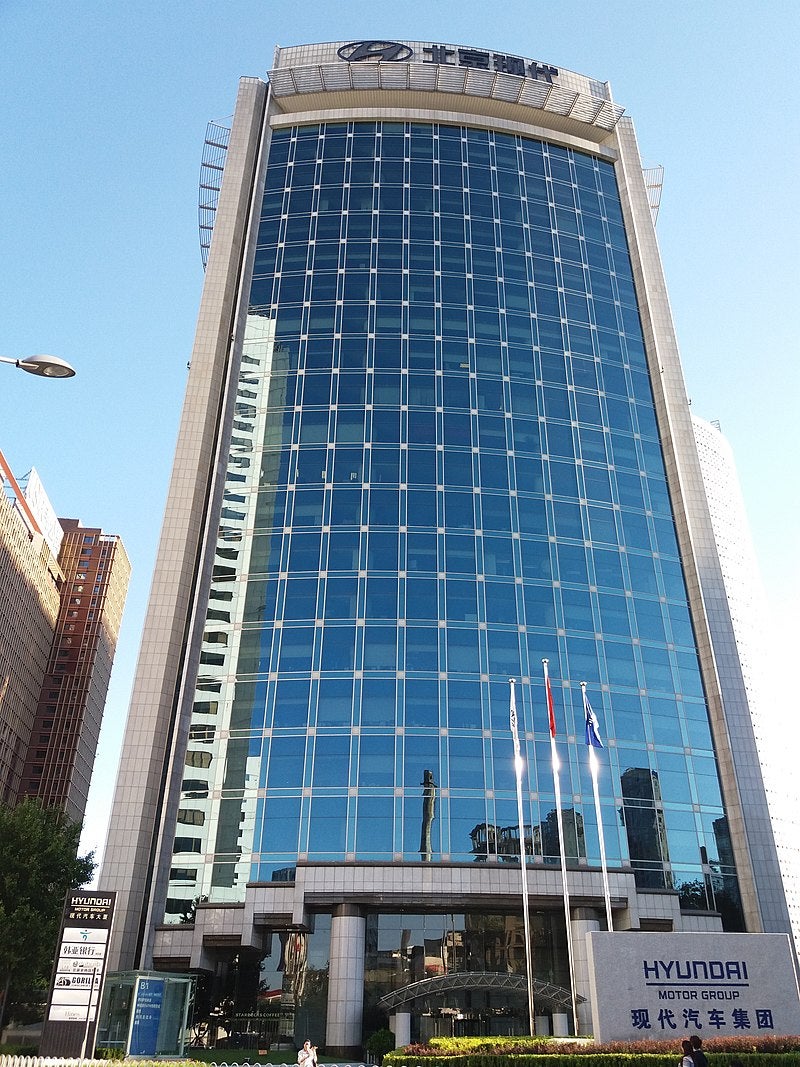
Hyundai Motor Company plans to launch a new brand in China dedicated to battery electric vehicles (BEVs), according to local reports citing industry sources, to grow its sales in the world’s largest market after almost a decade of sharp decline.
HMC plans to regain some of the significant ground it lost in this market after the South Korean government agreed to deploy the Terminal High Altitude Area Defense (THAAD) missile shield system operated by the US in 2015.

Discover B2B Marketing That Performs
Combine business intelligence and editorial excellence to reach engaged professionals across 36 leading media platforms.
Output at Beijing Hyundai Motor Company (BHMC), a 50:50 joint venture, has fallen from 1.14m units in 2015 to 246,000 units last year after Chinese government departments and consumers boycotted the Hyundai brand in protest.
Hyundai has also been slow to address China’s switch to new energy vehicles (NEVs), plug-in hybrids and zero-emission vehicles, which now account for 30% of total vehicle sales.
HMC now will tap into these growth segments to help its sales rebound.
Hyundai announced last October that BHMC would produce BAIC Arcfox EVs but the plan fell through after the two partners failed to agree financial terms.
The company has now decided to launch a new dedicated BEV brand from the BHMC joint venture under the code name OE RE, according to industry sources, as part of a previously announced plan to launch up to five BEV models in China over three years.
Hyundai Motor Group executive chairman Chung Euisun is determined to revive the group’s sales in China and has called on employees to learn “success factors” from leading Chinese BEV manufacturers. The company is expected to develop a new range of BEVs specifically tailored for China, using cheaper lithium iron phosphate (LFP) batteries to help reduce costs.






